Use this “Betty Botter” tongue twister poster to teach your youngest students about word play and alliteration.
Fun and Laughs with the Better Botter Tongue Twister
Betty Botter bought some butter,
“But,” she said, “this butter is bitter.
Bitter butter is bad for batter.”
So she bought some better butter,
To make her bitter batter better.
Try saying that one three times quickly! Even once is hard enough!
Tongue twisters are a great tool when it comes to teaching phonological concepts such as alliteration to students. Their fun content and tricky phrases allow students to develop important language skills in a memorable way. And when it comes to tongue twisters, there’s none more twisty than Betty Botter’s Batter!
This simple one-page poster featuring the tongue twister “Betty Botter’s Batter” can be used in many different ways in your early years classroom. It displays the complete rhyme in a child-friendly font, making it easy for early readers to follow along… if they don’t get tongue-tied along the way, that is!
Teach Alliteration Using the “Betty Botter” Tongue Twister
The “Betty Botter” tongue twister is a great resource for introducing young students to the concept of alliteration. Alliteration is the repetition of a consonant sound, usually at the beginning of a word.
Here’s how you might approach a lesson on alliteration using the “Betty Botter” tongue twister:
- Introduction to Alliteration – Explain that alliteration is the repetition of the same sound at the beginning of closely connected words. Provide a few simple examples using different sounds, e.g. Sammy the snake slid slowly on the sand.
- Identification Activity – Read “Betty Botter’s Batter” aloud with the class. Have students listen carefully and identify the repeated initial sounds. Highlight or underline these sounds on the poster.
- Creating Alliteration Examples – Encourage students to come up with their own alliterative phrases using the initial sound from the tongue twister. For example, “Bobby bought a big blue ball.” You might like to make it a competition where the student who comes up with the trickiest phrase to say quickly wins!
Download the “Betty Botter” Tongue Twister
Use the Download button to access the easy-print colour PDF.
Project the poster on your interactive whiteboard or print it for your classroom display board. If you intend to display the poster, we recommend enlarging it for enhanced readability.
More Alliteration Resources for Lower Primary
Exploring alliteration with your students? Click below to browse more teacher-created resources catering to lower primary students!
[resource:3175538] [resource:3195362] [resource:3159838]
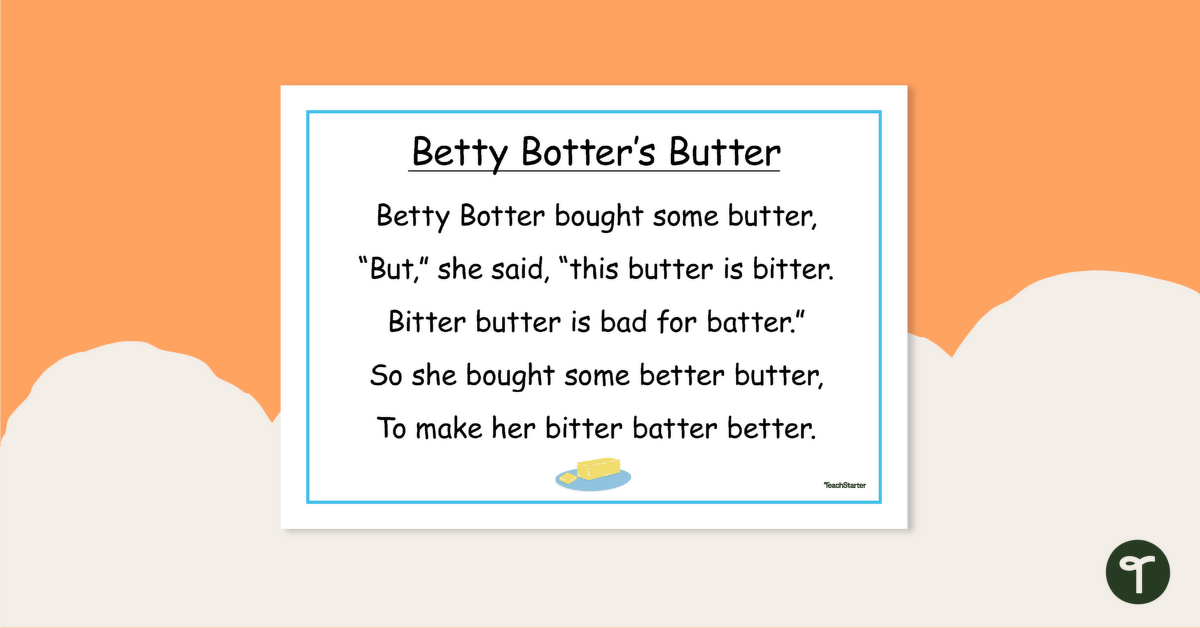

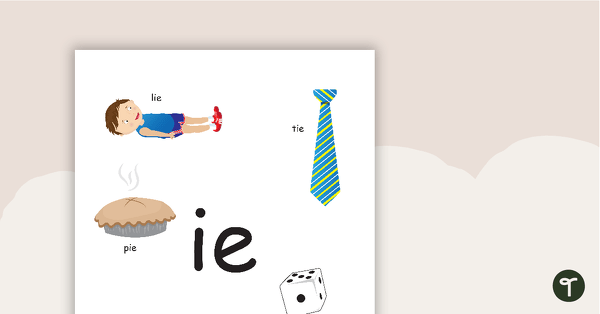
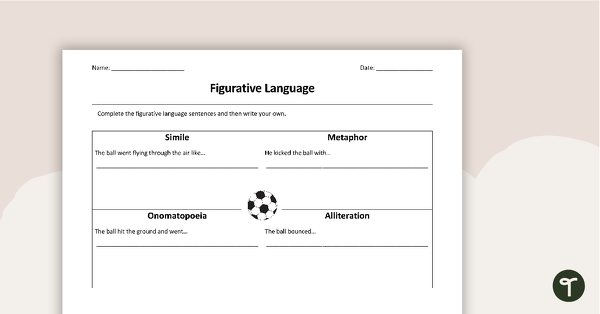
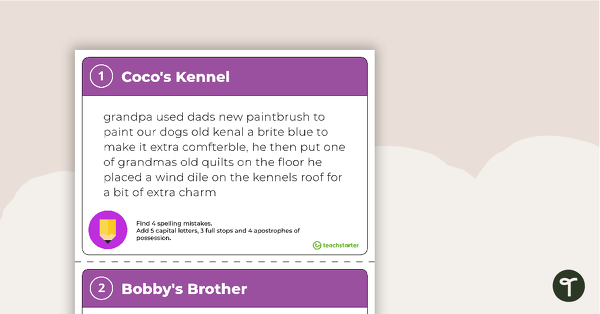
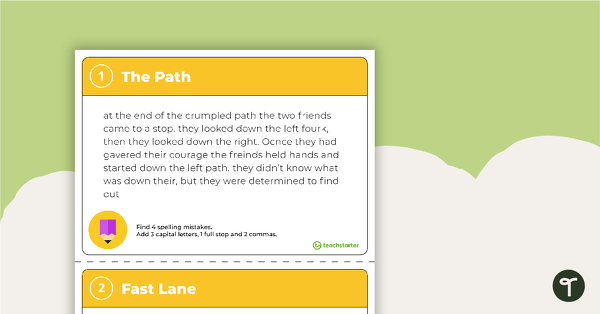
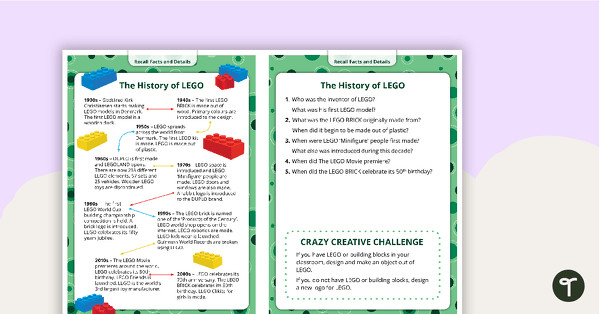
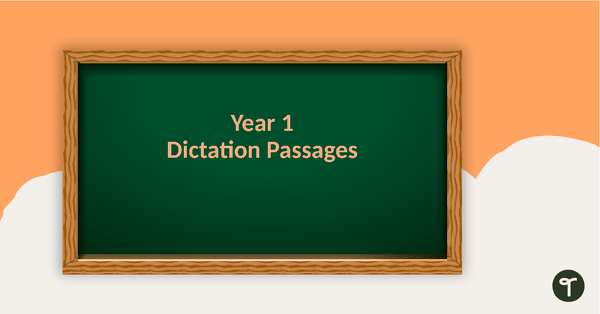
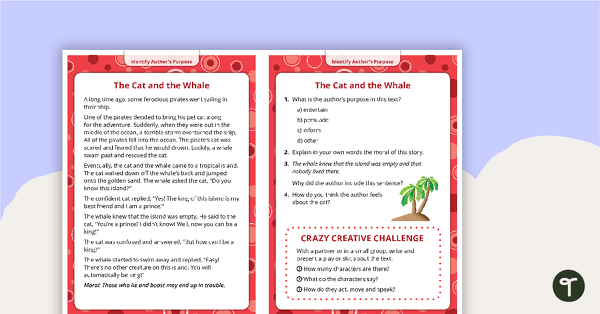
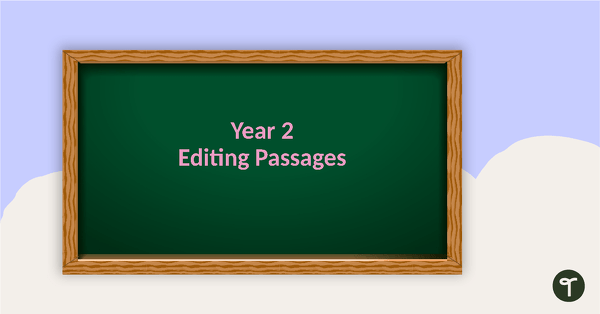
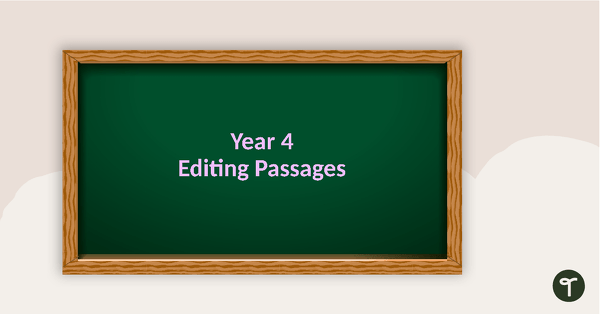
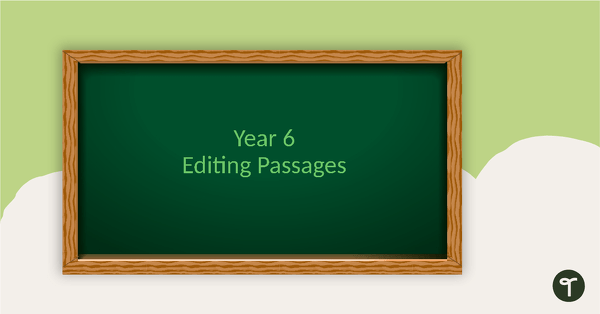
0 Comments
Write a review to help other teachers and parents like yourself. If you'd like to request a change to this resource, or report an error, select the corresponding tab above.